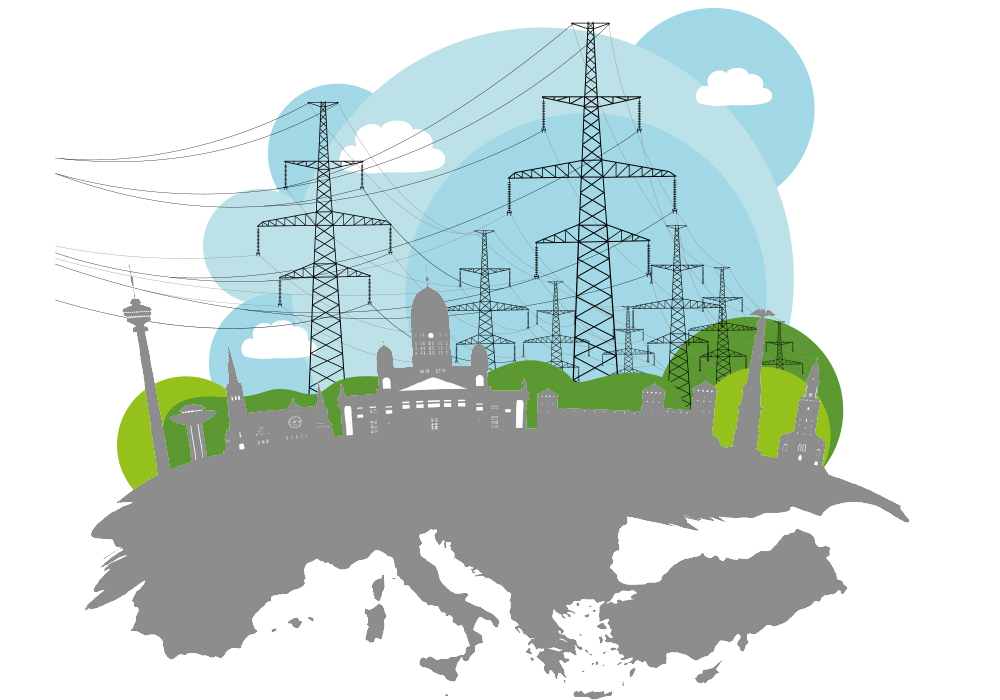
A boost from the North
The Nordic marketplace model for balancing energy is expanding to cover all of Europe.

The Nordic marketplace model for balancing energy is expanding to cover all of Europe.
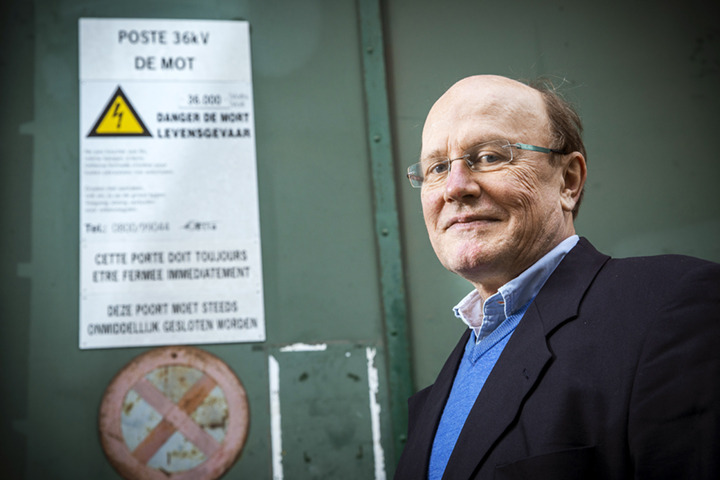
An electrical kit he received as Christmas gift sealed the career choice of Matti Supponen, who is an electricity market expert in the EU.
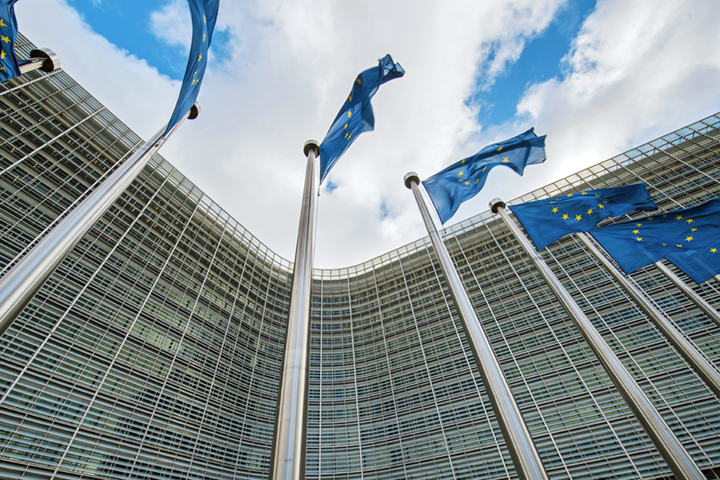
The Clean Energy Package is taking the European electricity market in a more market-oriented, flexible and efficient direction – one step at a time. However, the details of the package include many challenging questions.
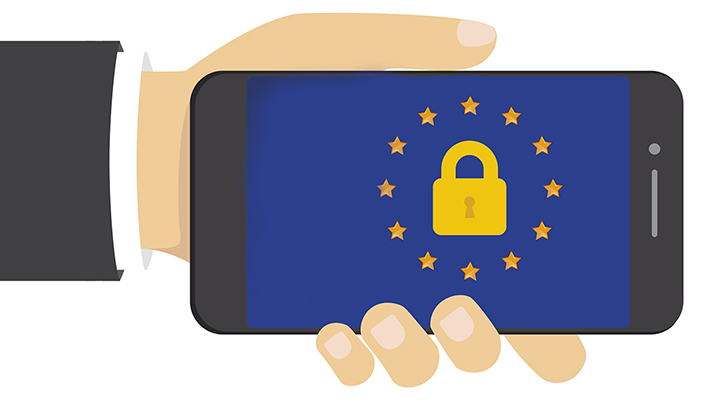
EU-wide network codes have been drawn up to promote cross-border exchanges in electricity. The network codes are divided into three areas: grid connection, system operation and market codes. The EU network codes are now complete. The network codes, which have entered into force, are outlined in this article.
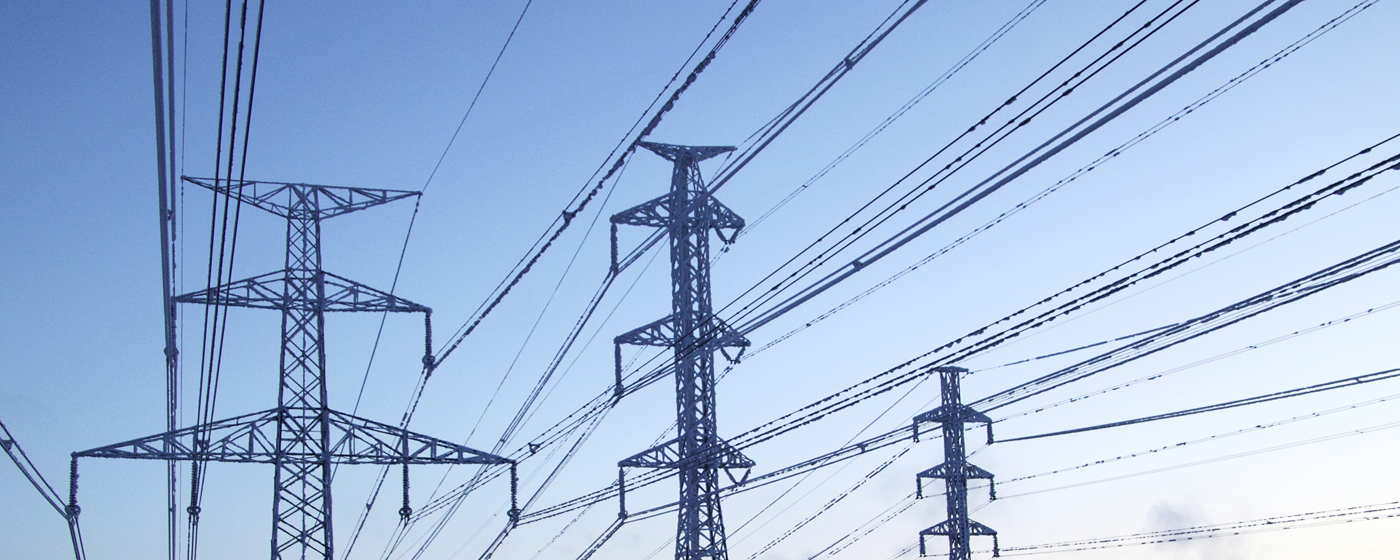
The guideline on electricity balancing was approved in a vote by EU member states in March 2017. The harmonised requirements are expected to entry into force by the end of the year. The guideline promotes the cross-border trade of reserves needed by TSOs, in particular balancing energy, and harmonises procedures concerning imbalance settlements.
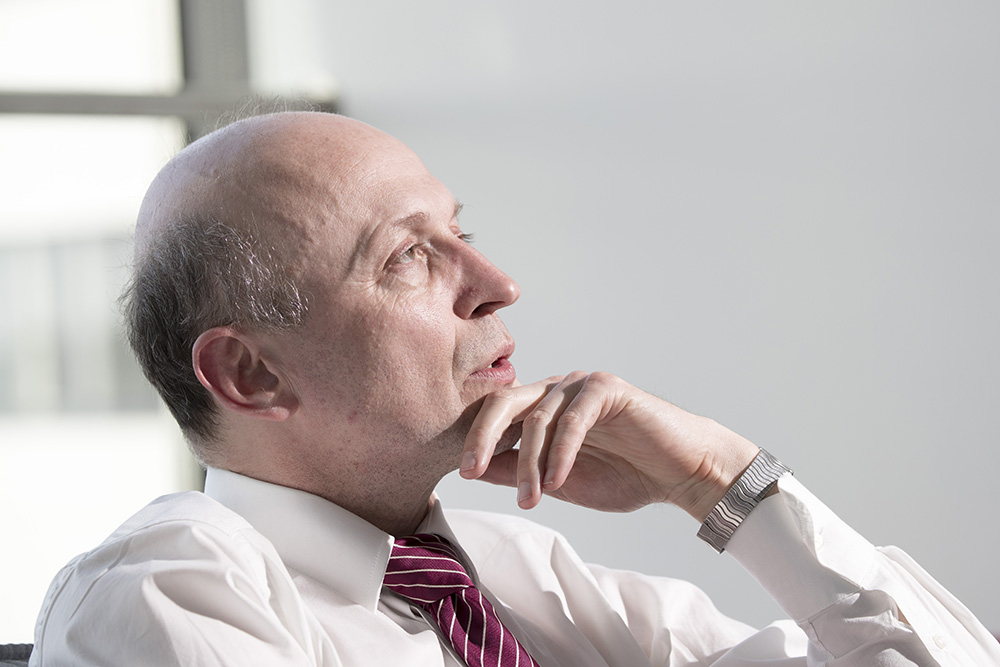
Introduction of European Cross-Border Intra-Day Market (XBID) solution will be an important step forward – but integrated European electricity market needs more improvements, believes Tomasz Sikorski from PSE.
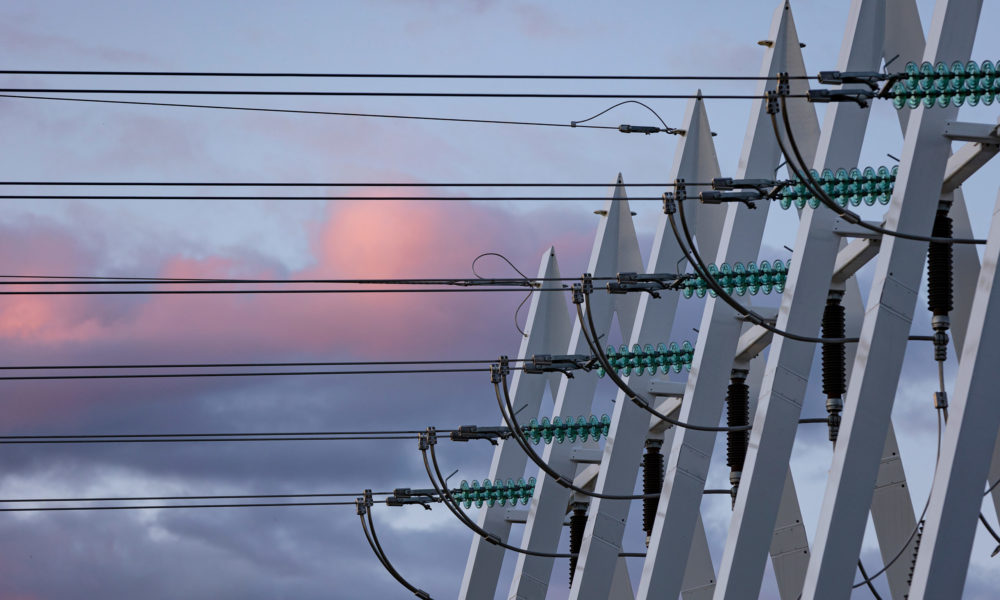
More accurate device and load-specific consumption profiles and different types of open data will make it possible to optimise dimensioning of the existing energy system in the most economically feasible manner. The starting points for utilising open data in the energy market are very attractive, as nearly all customers have electricity meters that can be read in real time.
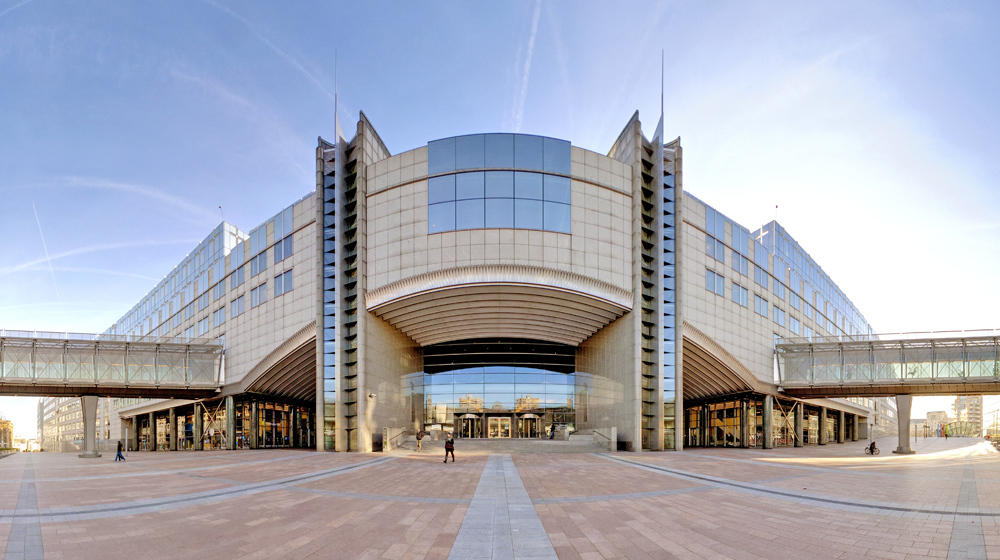
The Directorate-General for Energy develops and implements the European energy policy under the guidance of the European Commission. Director of The Internal Energy Market, Klaus-Dieter Borchardt, explains the latest developments in energy market integration.
Fingrid Oyj
Läkkisepäntie 21
00620 Helsinki
Tel. 030 395 5267
Fingrid.fi
Cookie declaration
Privacy policy
Fingrid is Finland’s transmission system operator. We secure reliable electricity cost effectively for our customers and society, and shape the clean, market-oriented power system of the future.